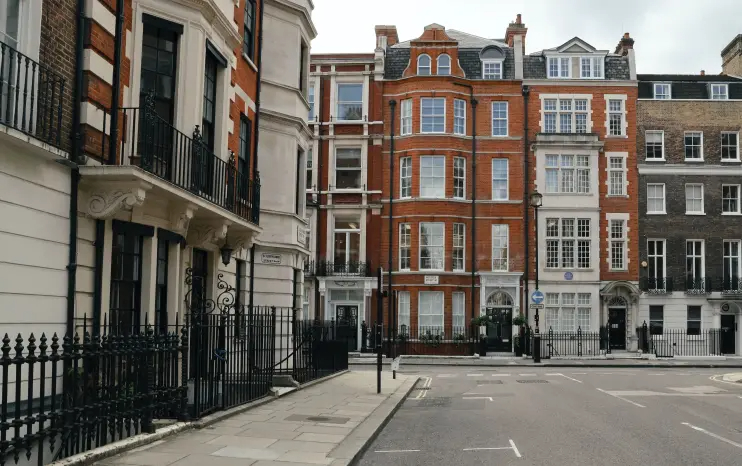London’s housing affordability crisis is also a business problem

“As a society,” the CNN journalist Luke McGee said on X/Twitter yesterday, “we need to address the fact that a semi-detached in Walthamstow is now a million quid.” Attached to the post was a fairly average looking 4-bedroom flat about five minutes walk from the tube, currently available on Rightmove for the low, low price of £1.4m.
They’ve got a point. A similar house on the street sold for £1.475m last year, quite the uptick on its selling price at the turn of the millennium: just £165,000. It’s not a perfect comparison and one assumes there’s been more than a touch of the Lawrence Llewelyn-Bowen ongoing through more than two decades, but in the same time average wages in the UK have gone from £19,000 to just north of £33,000. That’s an increase of 793 per cent for the house, and 73 per cent for the average worker. Is that entirely sustainable?
In the short-term, it appears, yes. For all the sturm und drang over mortgage rates and the perils of refixing, house prices are plateauing more than they are crashing. Supply looks unlikely to see a radical uplift, and as demand recovers one assumes property prices will return to their healthy trend growth.
When historians write their takes on the early twenty-first century, what will strike them is the quiet, unassuming way in which house prices built a quite extraordinary level of generational inequality. This paper subscribes to the view that (in general) life today is better than on any other day before it, such as the nature of technological advance. But that isn’t the case for 20-somethings looking to get on the property ladder.
Increasingly, CEOs talk of the housing affordability crisis as a business issue; one that affects their ability to attract and retain talent. Those charged with promoting the capital, and thinking about its future, also have few answers to the vexing question of what to do with 8m people in a city that can’t expand. All would agree, though that £1.4m in E17 is an eyebrow-raiser.
